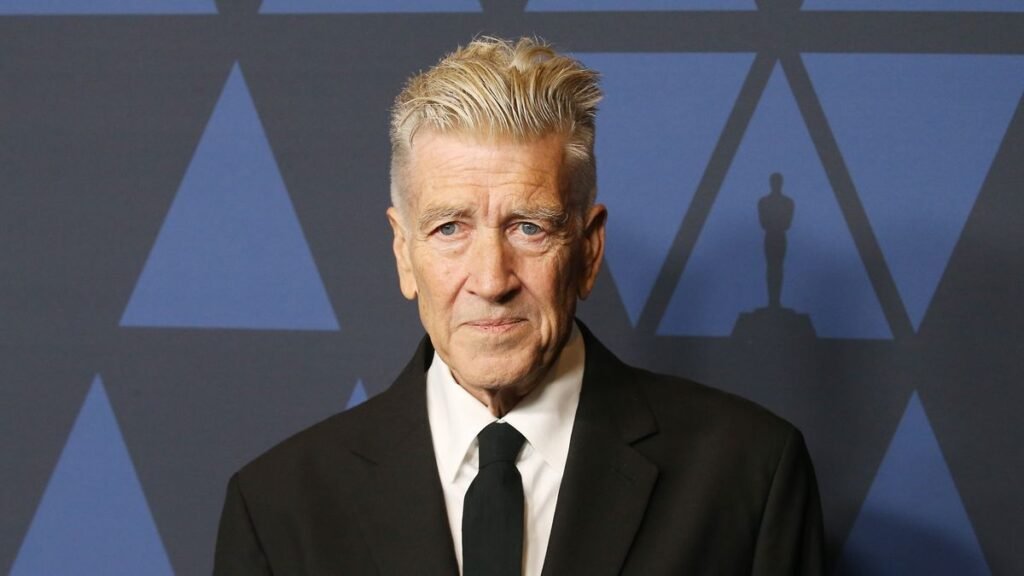David Lynch, the iconic American filmmaker celebrated for his surrealist masterpieces Mulholland Drive and Twin Peaks, has passed away at the age of 78.
His family announced the news on his official Facebook page, expressing profound loss: “There’s a big hole in the world now that he’s no longer with us.
But, as he would say, ‘Keep your eye on the donut and not on the hole.’… It’s a beautiful day with golden sunshine and blue skies all the way.”
Lynch had revealed in August 2023 that he was battling emphysema, a chronic lung condition resulting from years of smoking.
Renowned as a maverick filmmaker, Lynch earned three Academy Award nominations for Best Director for his work on Blue Velvet, The Elephant Man, and Mulholland Drive.
His final significant project was Twin Peaks: The Return, which aired in 2017, continuing the acclaimed TV series from the early 1990s.
Actor Kyle MacLachlan, a frequent collaborator and star of several Lynch projects, including Twin Peaks, paid tribute by describing Lynch as someone deeply connected to the universe and his imagination.
“David was in tune with the universe and his own imagination on a level that seemed to be the best version of human,” MacLachlan wrote.
“He was not interested in answers because he understood that questions are the drive that make us who we are.”
He added that knowing Lynch made his world fuller, and his loss left it emptier.
Lynch’s creative genius was recognized at the Cannes Film Festival in 1990 when he won the Palme d’Or for Wild at Heart.
Reflecting on Lynch’s influence, Nicolas Cage, the film’s star, credited him with inspiring his love for cinema.
“I used to see his movie Eraserhead in Santa Monica. He’s largely instrumental for why I got into filmmaking. He was one of a kind. He can’t be replaced.”
Prominent directors also honored Lynch’s legacy.
Steven Spielberg described him as a “singular, visionary dreamer who directed films that felt handmade,” while Ron Howard praised him as a “gracious man and fearless artist who followed his heart and soul, proving that radical experimentation could yield unforgettable cinema.”
Musician Moby, for whom Lynch directed the video Shot In The Back Of The Head, expressed heartbreak at his passing.
Many of Lynch’s films, including his debut feature Eraserhead in 1977, were lauded for their surreal, dreamlike quality.
Despite its disturbing imagery, Lynch’s imagination evolved far beyond the standards of his early work, as noted in a 2001 BBC review.
Lynch often collaborated with composer Angelo Badalamenti to craft evocative soundscapes for his films.
In a May 2024 interview, he recalled the meticulous process of creating music that perfectly matched his vision.
“And then I say, ‘no that’s still too fast, it’s not dark enough, it’s not heavy and foreboding enough,'” Lynch shared.
In 2020, Lynch was honored with an Academy Award recognizing his extraordinary contributions to cinema.
Despite his health struggles, he remained committed to his craft, insisting he would “never retire.”
However, his condition worsened, and by November 2024, he relied on oxygen to walk.
Born in Missoula, Montana, Lynch began as a painter before transitioning to short films in the 1960s.
His unique style, blending surrealism and emotional depth, left an indelible mark on cinema.
Lynch’s passing marks the end of an era, leaving behind a legacy that continues to inspire filmmakers and audiences worldwide.
Also read: Sundar Pichai Net Worth
